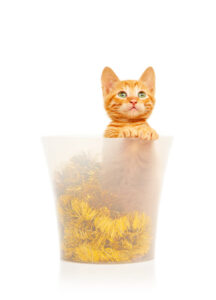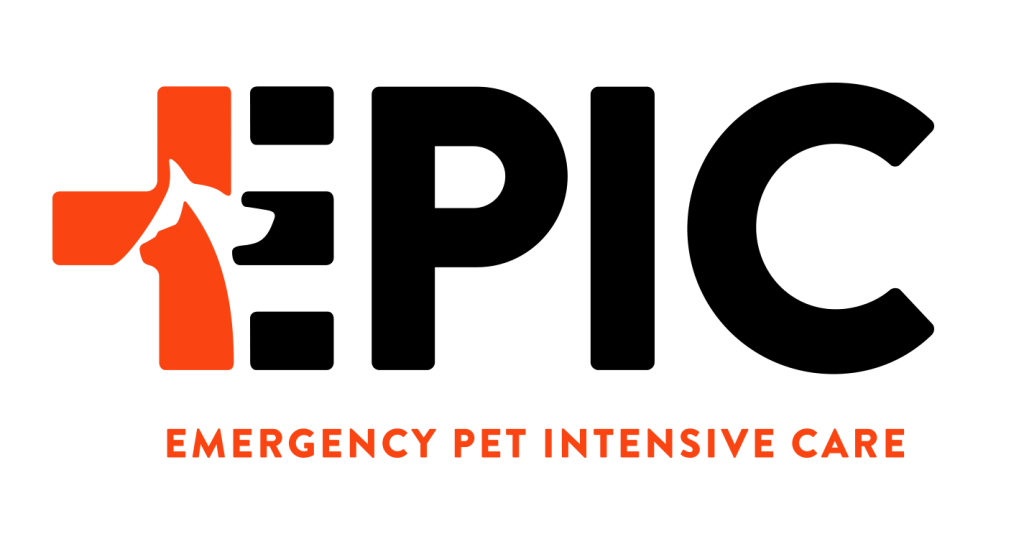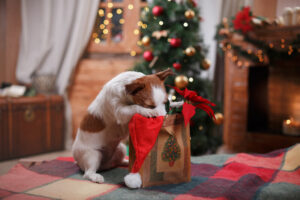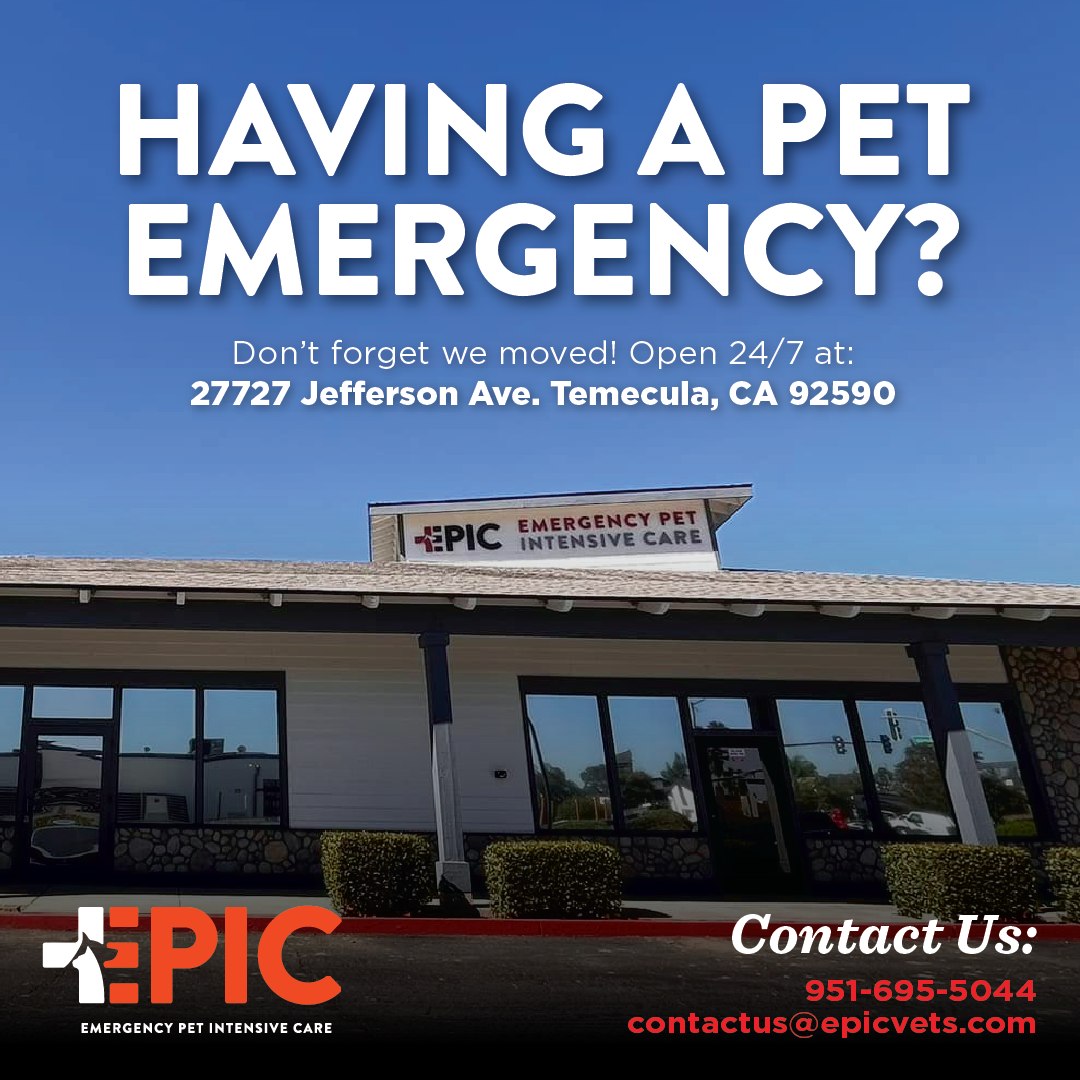Holiday Pet Dangers
The holidays are a wonderful time of the year—however, sometimes there are hidden dangers for your pets during the season. At EPIC Vets, we see some common issues around the holidays that we would love to help you and your beloved pet avoid by following these pet safety tips. Help your pets stay safe and healthy by avoiding some common holiday dangers.
Tinsel isn’t a Treat
Every year, we receive many calls about pets (often cats and kittens) getting into the sparkly stuff. Tinsel is tempting! It’s stringy and it shimmers—just what cats love! However, if ingested, tinsel can cause mild to severe issues, and could potentially lead to surgery. If you are using tinsel for decorating, consider putting it on a decoration outdoors or in a safe area away from pets. If your feline has a habit of snacking on tinsel, it’s probably better to avoid using it altogether. 
Chocolate and Pets
Don’t feed your pets chocolate or anything made with xylitol (this is common in “sugar-free” foods). This also includes anything made with cocoa powder which is one of the most concentrated forms of chocolate. It doesn’t take much of these types of chocolate to cause seizures and even death. If you are placing trays on the counter or putting something under the tree, make sure it’s secure. Pets have been known to go to great lengths for a morsel of forbidden food. Give your pets the gift of a happy, healthy life this holiday season by keeping the tempting human foods away.
Human Cookies Aren’t for Canines
Every pet loves a treat! But not every cookie can be a treat for your pet. Specifically, macadamia nuts and chocolate aren’t safe for dogs. If you are having a holiday party, consider the placement of treats. Moreover, consider where Rover will roam. It might be best to have a designated human in charge of your canine companion to help them stay away from human treats.
Leftovers Cause Issues
Probably the most common problems we see during the holidays stem from leftovers. It is not uncommon for our food-motivated furry family members to get into leftover food or food that is out. Most exposures to small amounts of leftovers are not concerning. However, trouble can start when large amounts of fat, bones or other rich foods your pet is not used to eating are ingested.
We never recommend giving bones from your turkey or ham to your pets because they can cause problems. In some scenarios, we will find that bone shards can cause impactions in the colon or small intestine. Other times the pancreas or the stomach becomes irritated enough that hospitalization is required and in very rare instances we will find a bone lodged in the esophagus that requires special procedures. How can you help prevent this? Watch those trash cans and unattended plates and platters closely and keep them out of the reach of your pets.
Holiday Plants to Avoid
Some popular gift items at this time of year like the amaryllis, lily, and daffodil can be toxic to pets. Lilium and Hemerocallis genera lilies are the most dangerous to cats. Eating even small amounts can cause severe symptoms like gastrointestinal issues, arrhythmia, and convulsions. The Amaryllis contains lycorine which is toxic to both cats and dogs. It can cause salivation, lethargy, tremors, and gastrointestinal abnormalities (vomiting, diarrhea, abdominal pain, and decreased appetite). It’s best to keep these plants out of the house altogether.
Pine needles, while not toxic to pets, can cause problems when eaten. If a pet ingests real or plastic tree needles, there are risks of gastrointestinal irritation, obstruction, and punctures. The water for live trees can also contain mold, bacteria, fertilizers, and harmful chemicals. It’s best to block off trees from pets to avoid getting knocked over and causing damage like broken ornaments.
For more helpful tips for the holidays, we recommend these guides from the ASPCA:
- People Foods to Avoid Feeding Your Pets
- Holiday Pet Safety Infographic from the ASPCA
- Toxic and Non-Toxic Plants
EPIC is Here if You Need Us
We hope you don’t need us this holiday season but if you do, please call us at (951) 695-5044 for our wait times and provide our staff with a complete explanation of the emergency situation and your pet’s condition.




